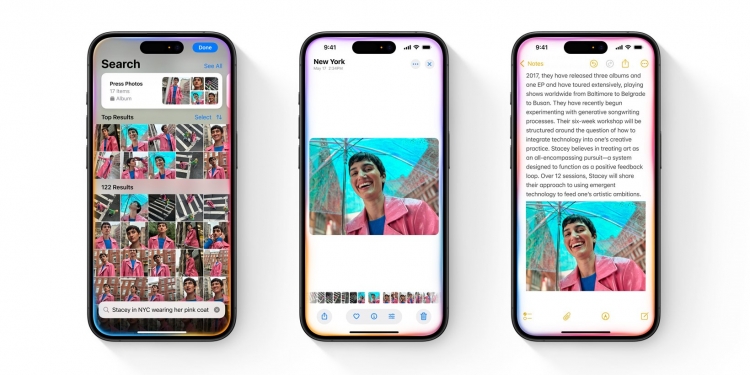Apple’s upcoming AI suite, known as Apple Intelligence, is reported to not be coming with the upcoming iPhone 16 series’ during its launch, which is set to happen in September this year, according to Mark Gurman on Bloomberg. Instead, the AI suite is set to reach Apple’s devices (well, at least the newer ones) sometime in October via its upcoming software such as iOS 18.1, iPadOS 18.1, and MacOS Sequoia 15.1.
You can try out Apple Intelligence with Apple’s latest public beta software

But suppose you want to get a taste of Apple’s AI features. In that case, it is now available on Apple’s latest public developer beta software, including iOS 18.1, iPadOS 18.1, and MacOS Sequoia 15.1. And of course, you will have to own Apple devices that support the beta software listed above to try them out. Note that the features are still in their beta form and are just small glimpses of what Apple has in store in years to come.
Speaking of which, even when Apple Intelligence is rolled out, don’t expect all of its features presented during the recently held Worldwide Developers Conference (WWDC) to be made available immediately. The company has put out a road map showing that the Apple Intelligence features will slowly be made available bit by bit and should be completed by mid 2025.
What can Apple Intelligence do?
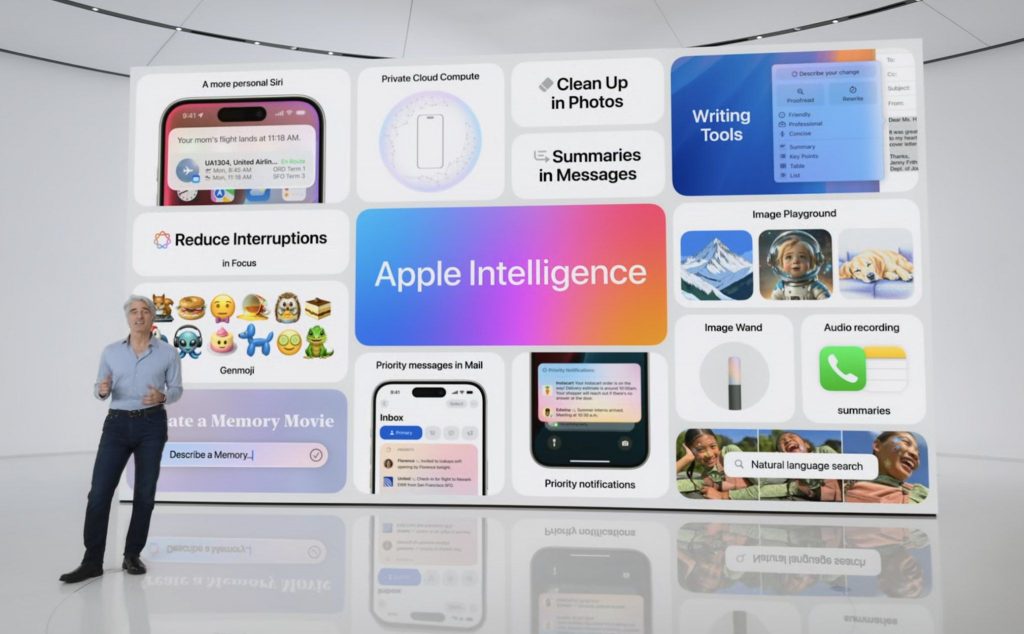
As of now, features included with Apple Intelligence via the brand’s latest public beta software are such as the ability to record a phone call and automatically transcribe and summarise the conversation and summarise articles and web pages into a single paragraph via Reader Mode in Safari.
Additionally, Apple Intelligence can create movies using photos and videos within the Photos app via a text prompt. There is also a set of writing tools where you can highlight a group of text and turn paragraphs into lists and tables, summarise texts, proofread passages, and even help rewrite content in different tones (Grammarly anybody?). Also, not to be missed is a new Siri interface which comes with the “Type to Siri” feature.
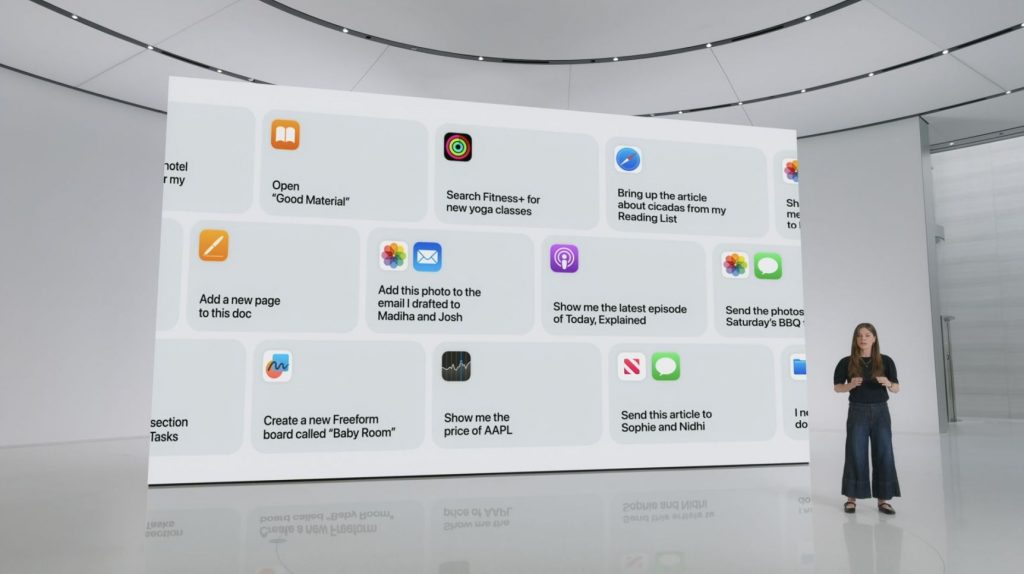
There are also other Apple Intelligence features that are not yet present in Apple’s latest public beta software. This includes the Genmoji tool which can use AI to help you create your own emoji, an Image Playground app that can generate AI photos, as well as a feature that can help automatically prioritise missed notifications.
Apple is considered late in the AI game. Google’s Gemini AI not only can allow users to remove people or objects from an image’s background, but also change the background altogether. Samsung via its Galaxy AI suite along with Google also features Circle to Search, where you can simply circle anything on your screen you want information on, no matter if it is an object within an image or video, text, or whatnot, without needing to type anything.
What to expect with the iPhone 16 series?
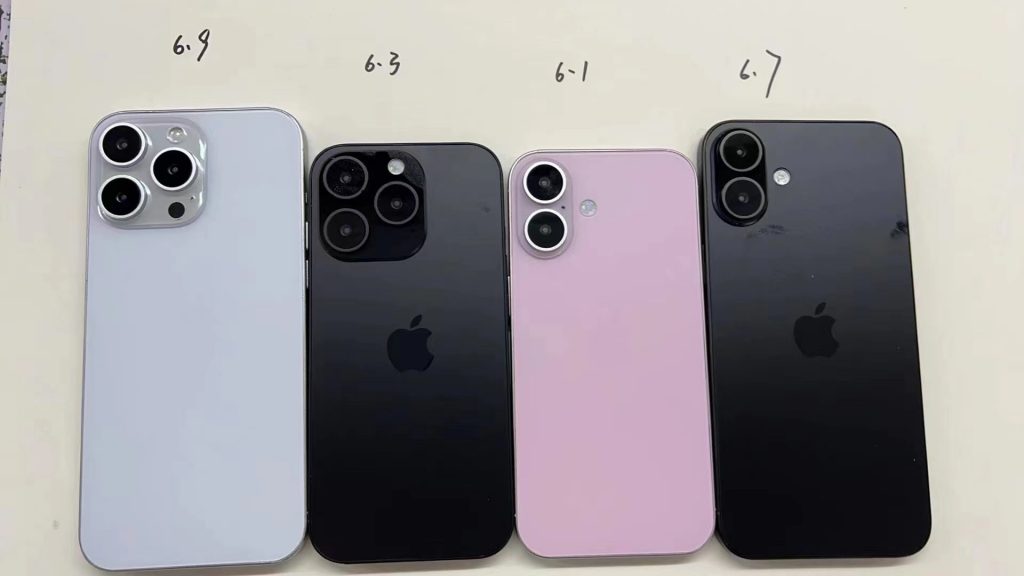
Now, onto the upcoming iPhone 16 family. As usual, Apple is staying “secretive” about its upcoming smartphones, although rumours and leaks still can’t be stopped from showing us how the next-gen iPhones might look like.
For starters, the iPhone 16 series is said to get larger screens, at least with certain models. Korean publication TheElec has revealed that the next-gen iPhones will come with a more efficient display technology known as the M14.
Developed specifically for Apple by Samsung Electronics, the M14 replaces blue fluorescent technology with blue phosphorescence. This contributes to an even more power-efficient screen than the LTPO panels featured on the current iPhone Pro models.
Thanks to the new screen tech, the iPhone 16’s screen bezels should theoretically be shrunken, thus contributing to larger screen sizes. This change could be implemented on the higher-end Pro and Pro Max models first before it reaches the next-gen “regular” non-pro models the year after.
Since the release of the iPhone 12 in 2020, iPhone models (excluding the SE) have been offered with two screen sizes, namely 6.1″ and 6.7″. However, the iPhone 16 Pro and iPhone 16 Pro Max are rumoured to come with larger 6.3″ and 6.9″ panels respectively.

As you would expect, the iPhone 16 series will be coming with new chipsets as well. According to a report by MacRumors citing Jeff Pu, an executive analyst for Haitong International Securities, the “regular” iPhone 16 and 16 Plus will get A18 processors, while the iPhone 16 Pro and 16 Pro Max will feature A18 Bionic Pro chips instead. Pu also added that the A18 chips will be manufactured by TSMC’s latest 3nm process. Just in case you couldn’t remember, the current iPhone 15 and 15 Plus run on the brand’s A16 Bionic chip, while the 15 Pro and 15 Pro Max feature A17 Pro processors.
The upcoming iPhone 16 Pro series is also rumoured to be able to zoom further with its cameras, according to Apple analyst Ming Chi Kuo. This is thanks to a 5x tetra prism lens, which will be made available with both the iPhone 16 Pro and 16 Pro Max. The current iPhone 15 Pro rocks a 12MP 3x optical zoom camera, while the 15 Pro Max comes with a 12MP 5x optical zoom shooter.
A subtle but interesting feature that is said to be coming with the iPhone 16 Pro series is a dedicated camera shutter button (finally), much like with the Sony Xperia flagships which has been rocking this feature since 2013 with the Xperia Z1. This button is said to be located on the right of the iPhone 16 Pro and 16 Pro Max below the power button. It is also rumoured to be a two-stage button, allowing users to half-press to focus and fully press to snap a photo. The action button which made its debut on the iPhone 15 Pro and 15 Pro Max should continue to exist above the power button on the left side of the phone.
Will there be a foldable iPhone 16?
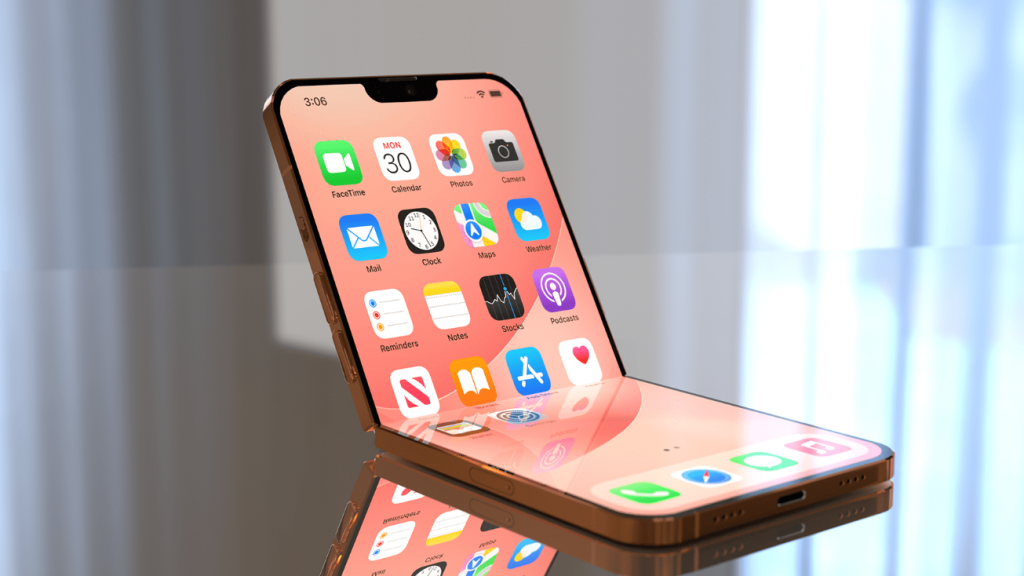
Well, most probably not. Although nearly all of its competitors including Samsung, Google, Oppo, OnePlus, and Xiaomi, all have their foldable phones now.
Apple has yet to give any info on when its first foldable will be released or what it will look like, but rumours suggest that Apple is working on a clamshell foldable iPhone which is said to come as early as 2026, according to The Information.

